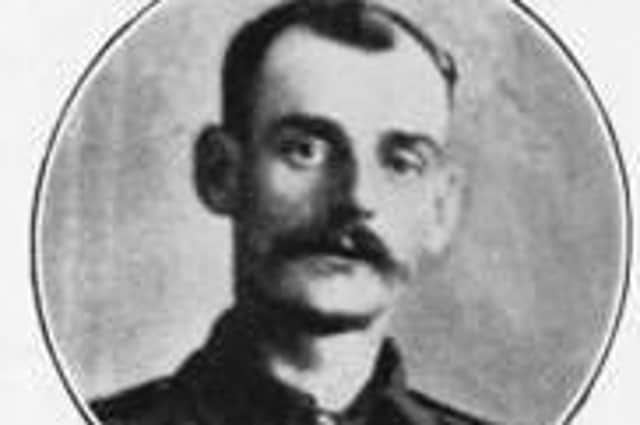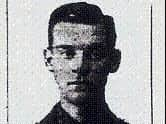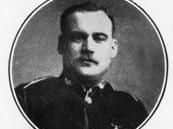Family mourned four brothers


The sacrifices made on '˜Flanders Fields' and elsewhere in this, the first global conflict, left bereaved wives, parents, and children in every corner of the Steel City. Â
There is one such Sheffield family that deserves special recognition for the extent of its tragic loss; that of my great-grandfather, Private 6640 John Thomas Pridmore of 2nd Battalion, King's Own Yorkshire Light Infantry.


Advertisement
Hide AdAdvertisement
Hide AdAs a child my grandfather would sometimes show me his father's war medals and his '˜death penny'; a personal bronze memorial received by every British family who lost a serviceman in the conflict. My grandfather didn't say much about his father; he didn't know that much about him as he was only six years old when he died. Â
John Thomas Pridmore was killed in action on October 14, 1914 along with 17 other 2/KOYLI soldiers. Â He was one of the first British troops to go to France, known as the '˜Old Contemptibles', and as such was in receipt of the Mons Star. Â
I later found that he had arrived in France on September 11, 1914. Â I also obtained a photograph of the KOYLI panel on the Le Touret memorial in France bearing his name. Â
I was intrigued to find another Pridmore on the memorial, a sergeant with the initials A E. This was Arthur Edward Pridmore, who was killed just four days after my great grandfather.  I just knew they had to be related and sure enough, I found that they were brothers and that they had also served together in South Africa in the Boer War. Â


Advertisement
Hide AdAdvertisement
Hide AdSometime later I found that two more Pridmore brothers had lost their lives during the war; Albert and George Harry.
Private John Thomas Pridmore, aged 33, was '˜buried where he fell' at Ypres, and Sergeant Arthur Edward Pridmore, aged 31, is recorded as '˜buried near where he fell; France and Flanders'. Both were buried in unmarked graves, very probably mass graves near to the battlefield. Â
Private Albert Pridmore, aged 37, was in the 24th (Territorial) Battalion, the York & Lancaster Regiment, and served in France from January 1916. He was wounded in action on May 2, 1917 during the Battle of Arras and subsequently died of his wounds in Bradford Hospital on June 22. Â
Albert is buried in a common grave at Burngreave Cemetery and his name appears on the memorial screen there but there is no headstone to mark the grave. Â
Advertisement
Hide AdAdvertisement
Hide AdGeorge Harry was the youngest of the four brothers and after serving in France with the 3rd Battalion KOYLI from April 1916 to April 1917, he returned to Britain and undertook officer training at Gailes, Scotland. Â
He returned to France as a 2nd Lieutenant of the 21st Battalion of the West Yorkshire Regiment; newly gazetted officers were not allowed back in their own regiment. Â He was killed in action on the Cambrai Road, Arras, on August 31, 1918, aged 22, and is buried in the Feuchy Chapel Cemetery, Monchy-le-Preux, near Arras.
There were other families across the country who suffered greater loss (I have heard of at least two families who lost five brothers) but to my knowledge there is no other Sheffield family with a greater loss during the Great War than the Pridmore family.